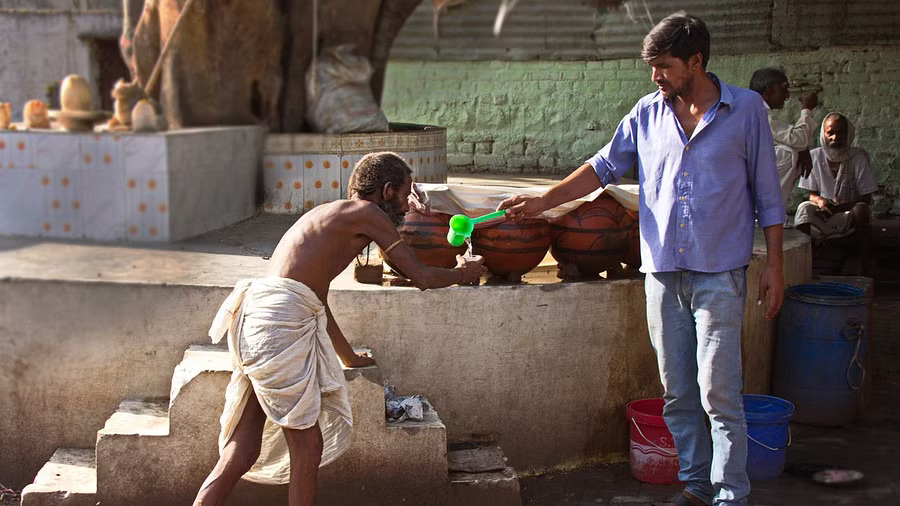The recent findings of a Legislature Committee report reveal a disconcerting truth – untouchability continues to persist in the state of Karnataka. The report, as detailed in the article, sheds light on the harsh reality that marginalized communities in Karnataka still grapple with discriminatory practices, undermining the principles of equality and social justice.
Historical Stigma Endures:
The report underscores that despite progress in various spheres, the age-old menace of untouchability remains deeply entrenched in certain pockets of Karnataka. This observation draws attention to the endurance of a historical stigma that has persisted across generations, perpetuating social disparities and hindering the full realization of human rights for all citizens.
Discrimination in Daily Life:
The Committee’s findings point to the stark fact that untouchability is not merely a relic of the past but continues to manifest in the daily lives of vulnerable communities. Instances of segregation, restricted access to public spaces, and discriminatory treatment in various social settings are highlighted, underscoring the pervasive nature of the problem.
Ineffectiveness of Legislative Measures:
The report prompts reflection on the effectiveness of existing legislative measures aimed at eradicating untouchability. It raises questions about the enforcement of laws meant to protect marginalized communities and emphasizes the need for a comprehensive reevaluation of strategies to address the root causes of discriminatory practices.
Need for Comprehensive Social Reforms:
The findings of the Legislature Committee report call for urgent and comprehensive social reforms. Beyond legal provisions, the report suggests the importance of addressing deeply ingrained cultural and societal attitudes that perpetuate untouchability. Efforts to raise awareness, promote inclusivity, and foster dialogue among communities are identified as crucial components of any sustainable solution.
Governmental Accountability:
The report also raises questions about governmental accountability in tackling the issue. It prompts a scrutiny of the measures taken by authorities to eliminate untouchability, highlighting the need for proactive initiatives, awareness campaigns, and educational programs to challenge stereotypes and prejudices deeply rooted in the collective consciousness.
Sponsored
FACTS Transcripts
Apply for a University document anywhere
https://www.factstranscript.com
Quick Transcripts for popular Universities, check your University name now and get started. We help you to get your transcript application online which is accepted for use of IRCC.
No DD, NO Paperwork. 100% Authentic, Reliable.
FACTS Transcripts Charges · Reviews · Assam Universities · Home · Know your University










